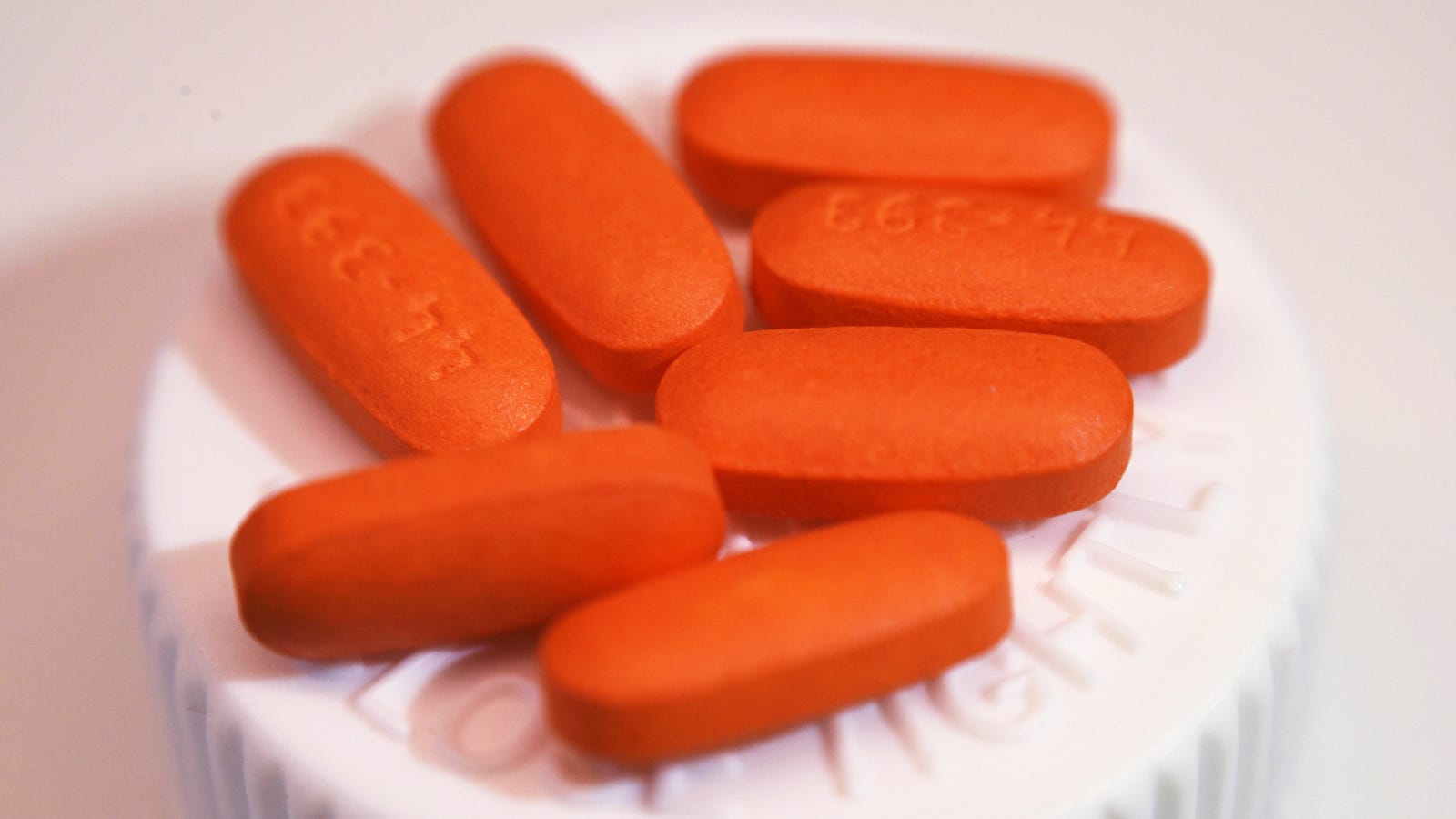Google Maps Has Launched a Feature to Flag Prescription Drug Disposal Sites
https://ift.tt/2Hy7p40

Google has partnered with the Drug Enforcement Administration to mark locations where people can safely dispose of excess prescription drugs on its Maps platform, the company announced in a blog post on Wednesday.
The search giant wrote that prescription drugs are a driver of opioid addiction and that the “majority of abused prescription drugs are obtained from family or friends, often from a home medicine cabinet”—something that is backed by medical surveys. According to Google, they partnered with the DEA to roll out the feature in advance of April 28th’s National Prescription Drug Take Back Day, which is intended to encourage people to take leftover medication to disposal sites:
Using Google Maps API, our team worked with the DEA to create a locator tool for the National Prescription Drug Take Back Day this Saturday, April 28. The locator tool can help anyone find a place near them to safely dispose of leftover prescription medications. Click on the image below to access the locator, and enter an address or zip code to find nearby Take Back Day events this Saturday and help fight the opioid epidemic.
Here’s a GIF of the feature in action, courtesy of Google:
Opioid deaths have skyrocketed across the country in recent years, with recent federal data showing that 63,632 people died of drug overdoses in 2016, with 42,249 of them involving at least one opioid. Synthetic opioids other than methadone, which tend to be far more powerful than non-sythetic ones, caused 10,375 deaths that year.
Since research shows many opioid users start with prescription drugs often prescribed by a doctor, aiding voluntary disposal of leftover pain pills or other prescription drugs before the temptation to use them strikes sounds helpful. It’s also probably good for the environment, seeing as flushing pharmaceuticals into waterways is a major source of pollution (though the Federal Drug Administration advises that scientists believe this is mostly a result of drugs that have passed through the body).
So this new Google Maps feature is innocuous enough! But it’s worth noting that despite vague commitment from Donald Trump’s White House to solve the opioid crisis, federal law enforcement agencies like the DEA have doubled down on failed “tough-on-crime” policies at the same time most Americans have realized that a public health approach is better. The president himself is reportedly in favor of anti-drug scare tactics of the Reefer Madness variety as well as executing drug dealers, so there’s that too.
[Google]
Tech
via Gizmodo http://gizmodo.com
April 25, 2018 at 10:27PM
